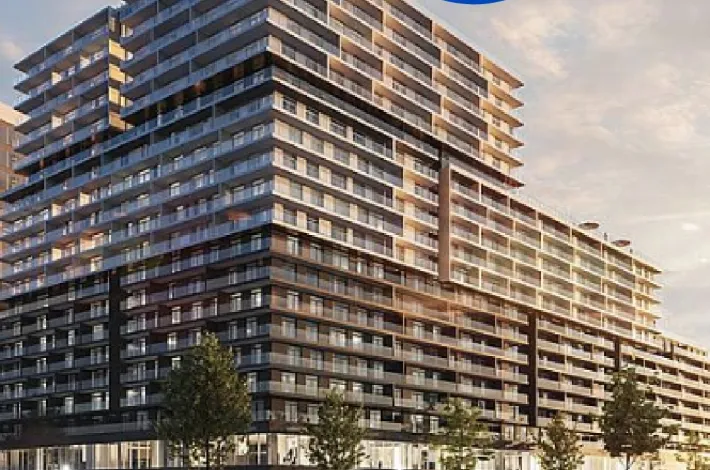
Origine Ecocondos: The future lies in the wood

What might tomorrow’s residential buildings look like? You don’t need to watch the latest sci-fi series to know the answer. In Québec, the future has already arrived—in the form of the Origine project, a 13-storey building that is finding new ways to innovate.
Reinventing the urban setting
It is no coincidence that the project’s developers chose to erect this building of 94 condominiums in the new Pointe-aux-Lièvres eco-district located along the banks of Saint-Charles River. With its construction techniques and energy and technological choices, the building meets this future-facing district’s sustainable development criteria, such as reducing the environmental footprint and the consumption of resources, producing less waste, choosing eco-friendly materials, and creating a healthy living environment.
Better than concrete
The most striking innovation could also be the less obvious, but that does not make it any less impressive: the 40-metre-high building is the world’s tallest structure made entirely of solid timber. By choosing this material, the builders wanted to showcase a local and renewable natural resource (black spruce harvested in Northern Québec) that is also more environmentally responsible. As it grows, wood stores carbon and its harvest requires less energy than manufacturing steel or concrete. The result is saving over 2,500 tons of greenhouse gas (GHG) emissions, the equivalent of 500 cars removed from roads every year.
Doing more with less
The building’s energy performance has also received special attention. The wooden structure means less thermal loss, and the light-coloured membrane covering the roof reduces the heat island phenomenon, and therefore the use of electricity for air-conditioning. Moreover, the building’s hot water and heating—including the radiant floors in private areas—are produced by a natural gas–powered central furnace. According to the developers, these two measures enable energy savings of 30% thanks to, on the one hand, the highly energy-efficient natural gas boiler and, on the other hand, heating air so the radiant floors can reduce the need for heating. The parking spaces are not forgotten; they are heated by unit heaters connected to the central heating system, whereas the common spaces and the roadways are illuminated by energy-efficient light-emitting diode lamps (DEL).
Reduce, reuse, recycle (the three Rs)
The private portions have crushers integrated into the kitchen sinks that enable the responsible disposal of the organic matter such as table scraps. Once shredded, the waste is sucked down into a tank in the building’s basement, where it goes through natural decanting (the separation of liquids and solids). The liquids are then shipped to a water treatment plant, while the solids are sent to a biomethanation or composting plant to be transformed into energy (biomethane) or fertilizer (compost). Not only does this device provide a better management of organic waste, but it also meets Québec City’s upcoming regulations, which will make composting mandatory in the next couple of years. Moreover, all condominiums are equipped with “intelligent” garbage chutes enabling disposal of recyclable materials separately from non-recyclable ones.
LEED and leadership
On the strength of its innovative nature, the Origine project was awarded with a Prix Construire (in the unregulated residential project category) from the Association de la construction du Québec, and with an Innovation distinction from the Institut de développement urbain du Québec. In fall 2019, the project’s developers filed an application for LEED certification (Leadership in Energy and Environmental Design). This certification, which is recognized in over 160 countries, is a seal of excellence for commercial and residential buildings that follow the principles of sustainable development. Earning this type of recognition will strengthen the project’s ecologically responsible profile, and the developers have good reason to expect certification in 2020.
Changing the nature of cities
Even if the building is not Québec’s first structure to be made entirely from wood, the Origine project still remains an example of all the positive things that the new eco-district can bring to the housing sector and, more generally, to the urban ecosystem. What’s more, this kind of construction is gaining ground here and elsewhere around the world, thanks to technological advances and to the industry’s increasing awareness about GHG emissions and climate change. From Montréal to Vancouver and from Paris to Stockholm through London, low-carbon-footprint buildings are redefining the cities’ skylines and setting a trend in sustainability that is—by definition—built to last.
You may also like...


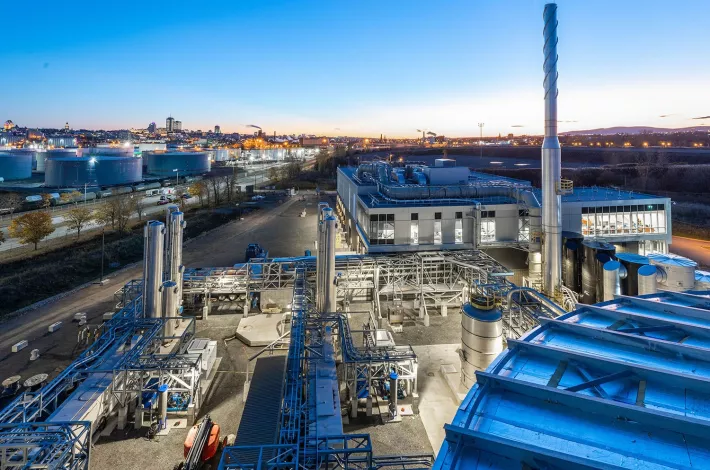
Energy, Sustainable development
Énergir and Quebec City, united for waste recoveryPopular articles
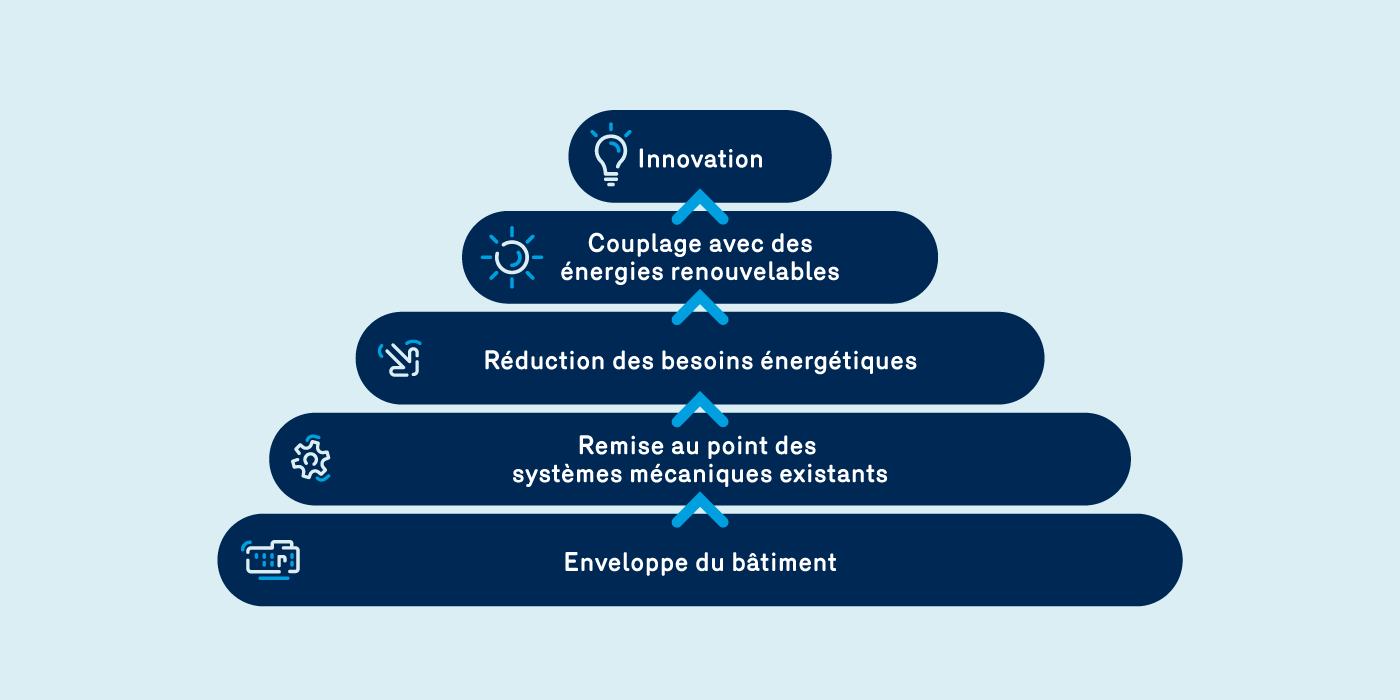
The Maslow energy efficiency pyramid: A winning approach to successful energy efficiency projects
See the article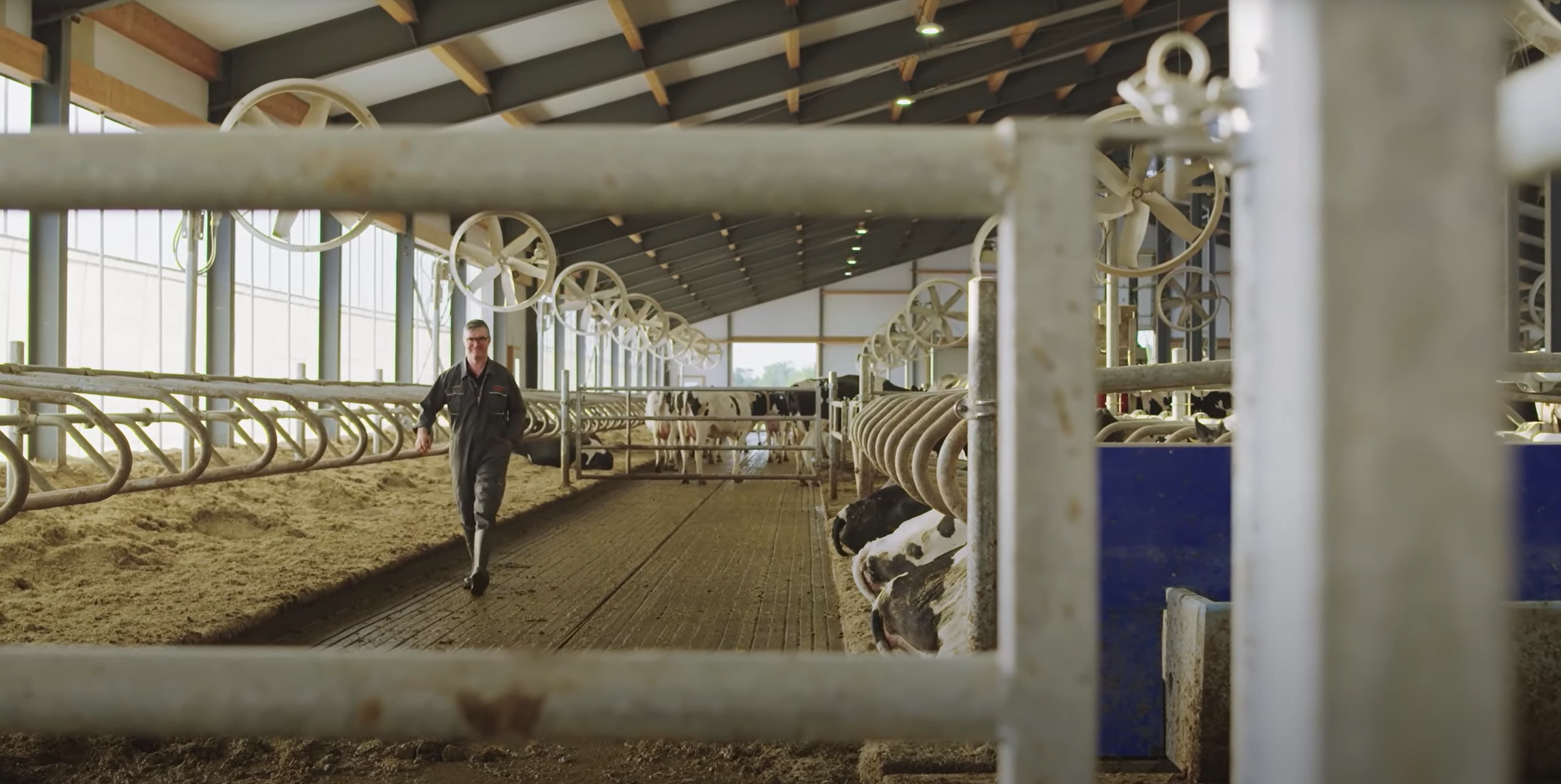
Coop Agri-Énergie Warwick, a model of environmentally responsible agriculture
See the article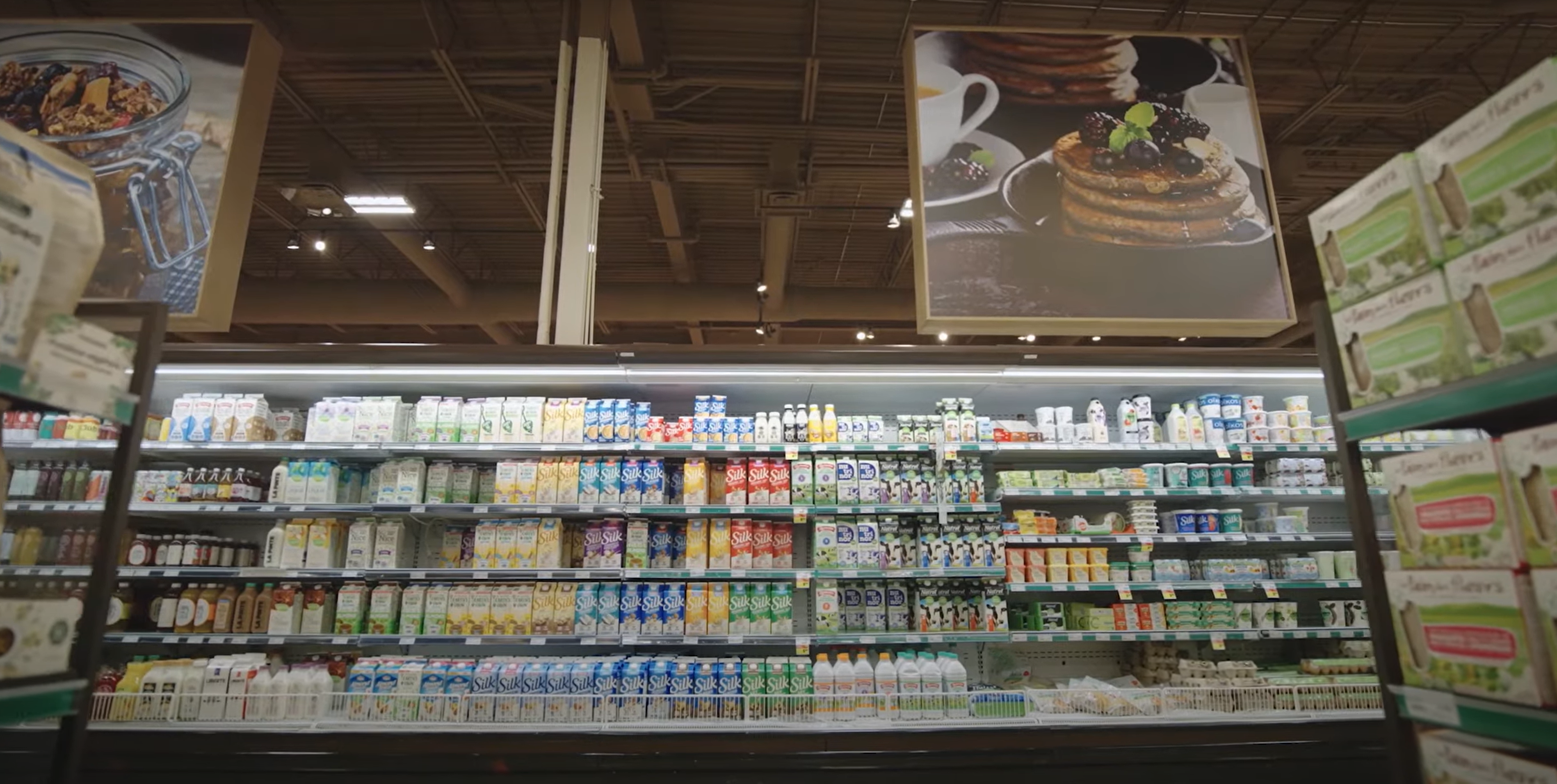
Saving energy while keeping customers comfortable: the winning recipe at Marchés IGA Lambert
See the article